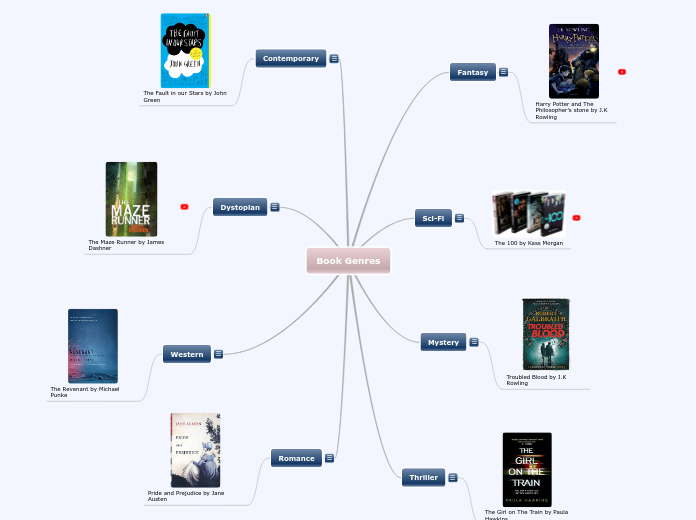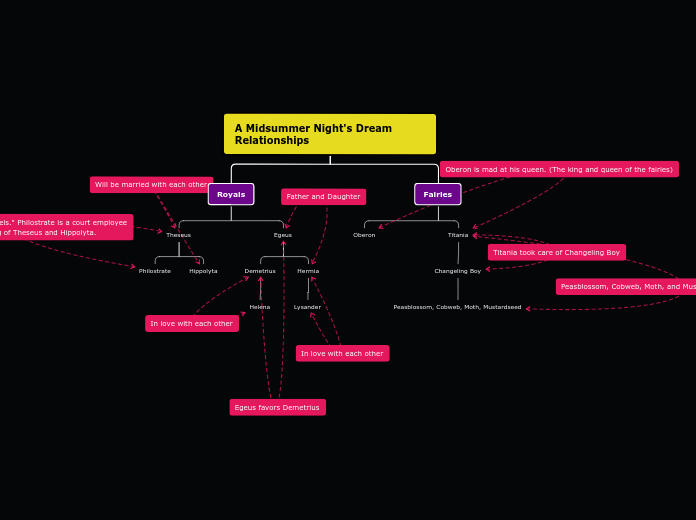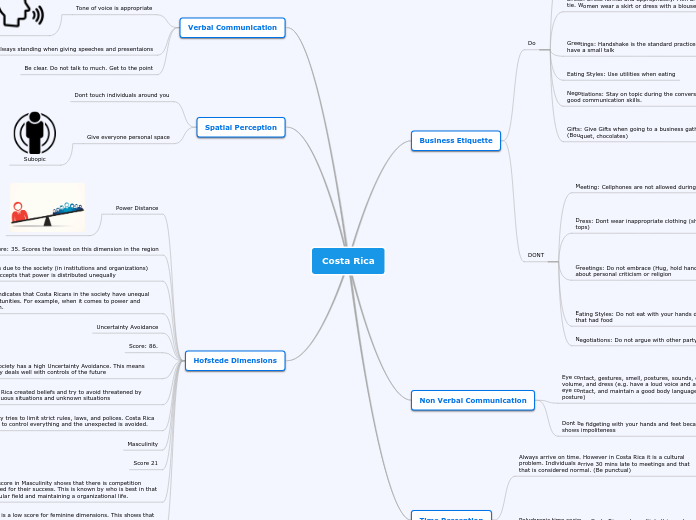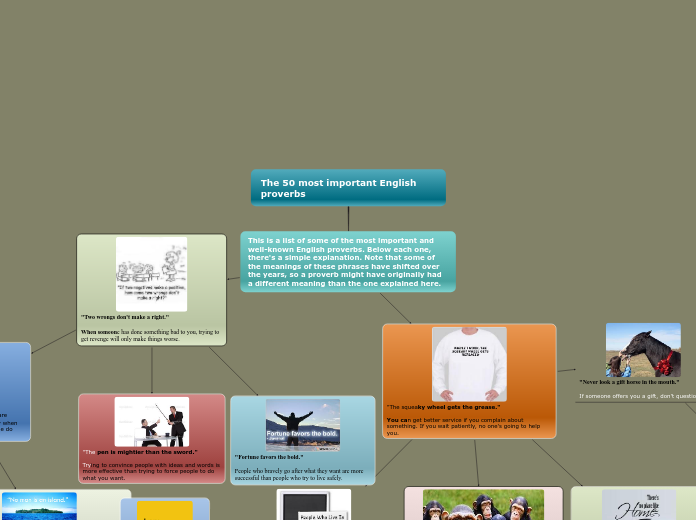Book Genres
Romance
As far as we know, this genre was first introduced in Ancient Greece. Then of course it evolved like every other genre. Romantic stories are focused on relationships between two people attracted to each other. Usually romance stories ended with a tragic fate for certain characters. But later on, to be specific 1740, Pamela by Samuel Richardson had a twist that ended with a happy ending. It is thought to be why most romantic stories end up happily.
Pride and Prejudice by Jane Austen
Western
These stories take place in the deserts, mountains, and plains of the U.S. They usually deal with the intrusion of white men into Indian territory and the conflict between each other. Now, one of the things Western is mostly known for cowboys and the conflicts they held with other cowboys.
The Revenant by Michael Punke
Dystopian
Dystopias are societies that seem scary and undesirable. They are usually portrayed as futuristic societies and that is what the genre is mostly about. A deserted world that needs a hero or a revolution to get rid of the oppressive government, or a hero to save the world from its abandoned conditions. Since a very long time ago this genre has existed, but it is not quite as old as some of the other genres. This might be because this genre deals with a lot of political and moral issues that weren't regarded of in ancient times. Or even if they were, no one seemed to write about them. The genre was and is very revolutionary, but it wasn't that known to the world until George Orwell published 1984 or Ray Bradbury published Fahrenheit 451. It was decades later that it was introduced to the world with a more modern tinge and for mostly teens with The Hunger Games by Suzanne Collins, The Maze Runner by James Dashner, and Divergent by Veronica Roth. Which revolutionized the cinematic and literary world, saturating theaters and bookstores with Dystopian movies and books.
The Maze Runner by James Dashner
Contemporary
This is a modern genre, unlike any of the others. It mostly focuses on teenagers and growing up, or facing the problems our current society faces. Things such as racism, homophobia, xenophobia, etc. It deals with discovering oneself and other things. Books like Simon vs the Homo Sapiens Agenda by Becky Albertalli or The Hate U Give by Angie Thomas are popular amongst this genre.
The Fault in our Stars by John Green
Thriller
This is a large genre, as it has many subtopics and subgenres that might not seem different from one another, but are, in a way. This genre is supposed to maintain the reader full of emotion, always at the edge of their seat. That is in part why it's called the way it is. This is often confused with suspense, but they are different. Thriller stories usually have a hero and villain that are constantly competing or doing things to each other that create twists. Suspense is more about a situation. It has been around for long, just as the other genres. With presence in other civilizations but more commonly known nowadays for things such as The Girl on the Train.
The Girl on The Train by Paula Hawkins
Mystery
Mystery is believed to be first introduced in the way we know it by Edgar Allan Poe, although mystery is technically any tale that has to do with a crime being committed, and that is something people wrote about since ancient Greece. These stories focus on a situation that must be solved, that might be—and usually is— a crime.
Troubled Blood by J.K Rowling
Sci-Fi
This genre has developed throughout the years, as it is considered to be based on futuristic ideals or events. In the 18th century, Frankenstein was considered futuristic and somewhat technological, now science fiction is something like The 100. Where there is a wretched world and a spaceship that holds all known human life.
The 100 by Kass Morgan
Fantasy
This genre has existed for a long time, even in ancient civilizations. in forms of myths and tales about magical creatures and places. Defined in the modern times as "a genre of imaginative fiction involving magic and adventure, especially in a setting other than the real world." Not all fantasy works are of unreal creatures in unreal words, there have been crossovers between reality and fantasy, being classified as fantasy.
Harry Potter and The Philosopher's stone by J.K Rowling









